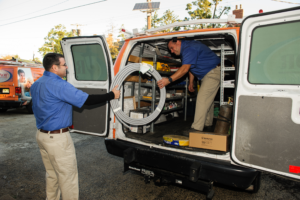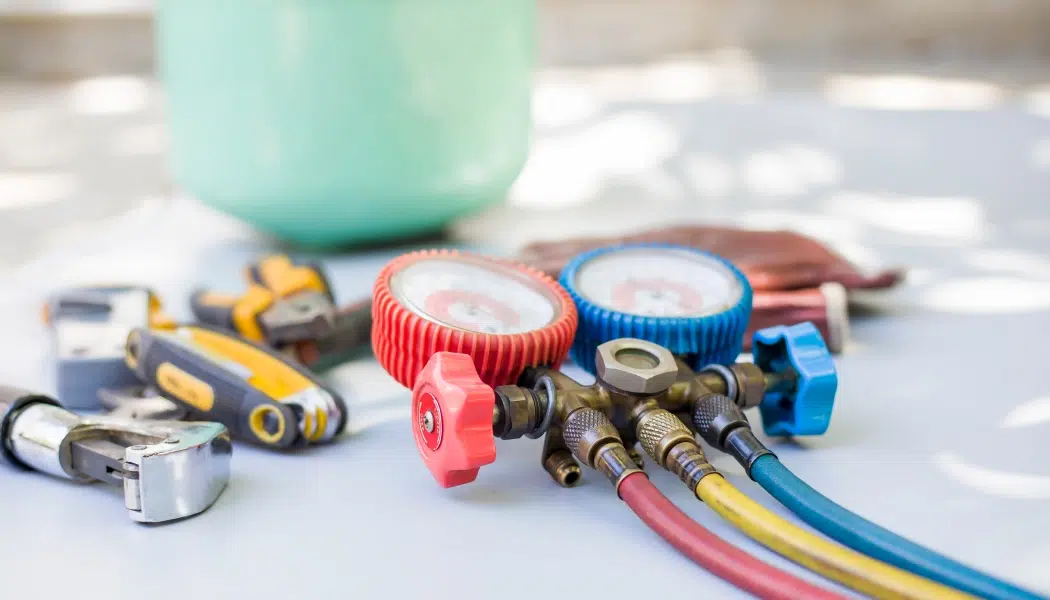Gas vs. Electric: Which Will You Choose?
In the market for a new furnace? If you have no limitations on model, style, fuel type, or anything else, then you might be having a pretty tough time, as there are so many options out there to choose from. Let our heating experts here at Raynor Services help!
Gas and electric furnaces are obviously very different, but both have benefits that you and your family may need. It comes down to which benefits you could enjoy more.
Electric Furnace Pros
- Typically, the cost to buy and install an electric furnace is lower than its gas counterpart.
- It’s quiet and durable.
- Electric systems last between 20 and 30 years and when it comes to furnaces, you want to get as much use out of them as you can before it’s time for another replacement.
- The installation process is quicker than with a gas unit.
- The maintenance required for an electric furnace is pretty straightforward, and troubleshooting is just as easy. Many times homeowners can do it without the help of an HVAC technician.
- Electric furnaces hold less of a risk of carbon monoxide emissions.
Electric Furnace Cons
- While the initial cost of an electric furnace is less, the overall operating cost tends to be more expensive.
- Electric units will usually cost more money to repair, as well.
- These types of furnaces can sometimes have trouble fully heating large spaces because of low air pressure in their vents.
Gas Furnace Pros
- These systems are less expensive to operate because natural gas is a cheaper form of energy than electricity.
- Gas heating systems heat the home faster than electric ones will.
- They are very efficient in cold weather because the heat will reach higher temperatures than electric units.
- In addition to being more cost-effective, it’s also more energy efficient. As soon as you turn it on, it starts working unlike an electric model that takes a while to heat.
Gas Furnace Cons
- These systems require a larger initial investment.
- The lifespan is only about half that of an electric unit, lasting between 10 and 20 years.
- The installation process for a gas furnace is a bit more involved than that of an electric one.
- Gas furnaces need to be regularly maintained to ensure no carbon monoxide is emitted into the home.
In some instances, you may not have a choice as to what furnace type you get, but if you do you have to weigh the pros and cons of each. For more information on gas and electric furnaces, or to schedule a replacement, call Raynor Services today!




